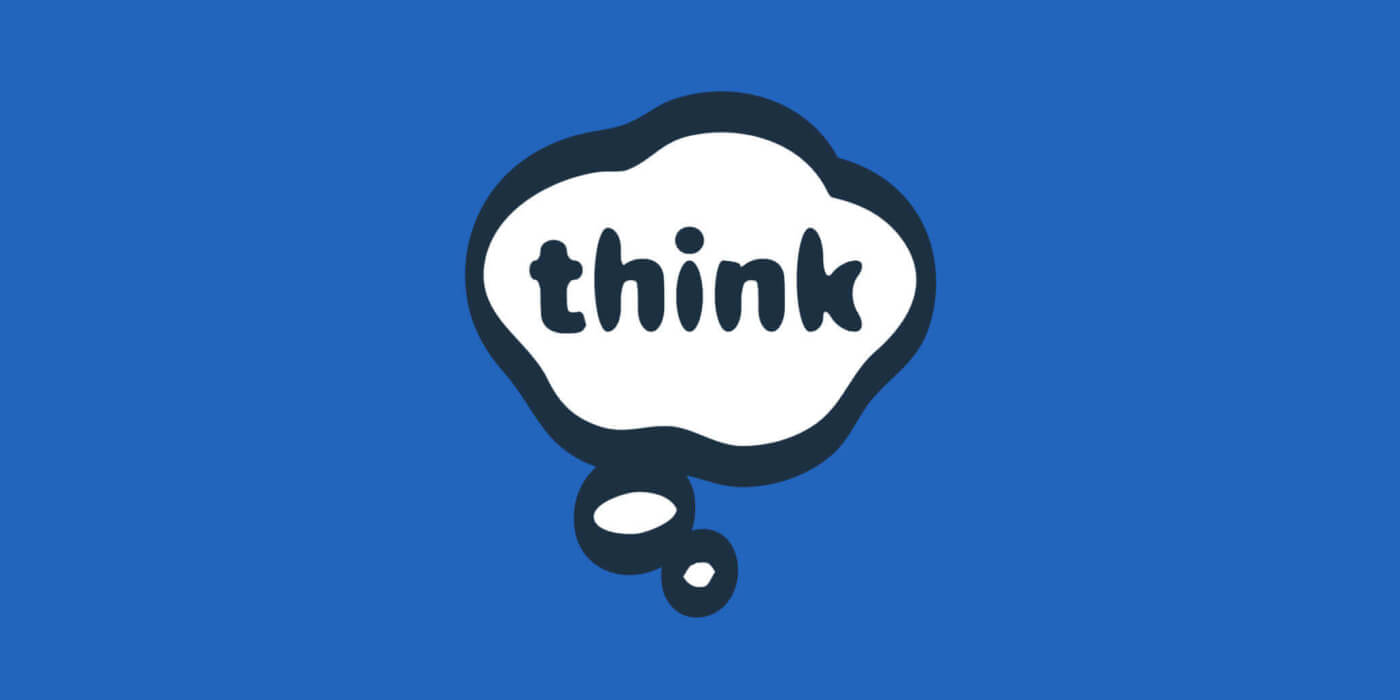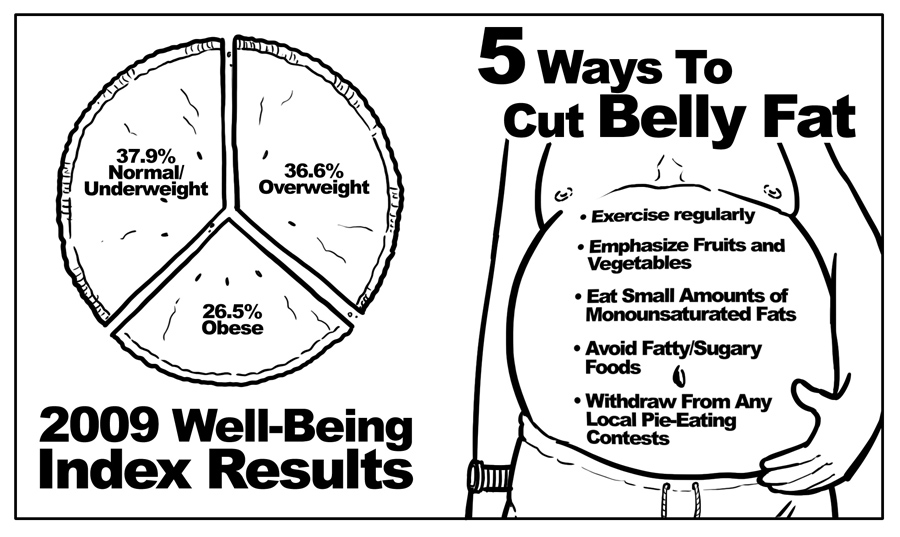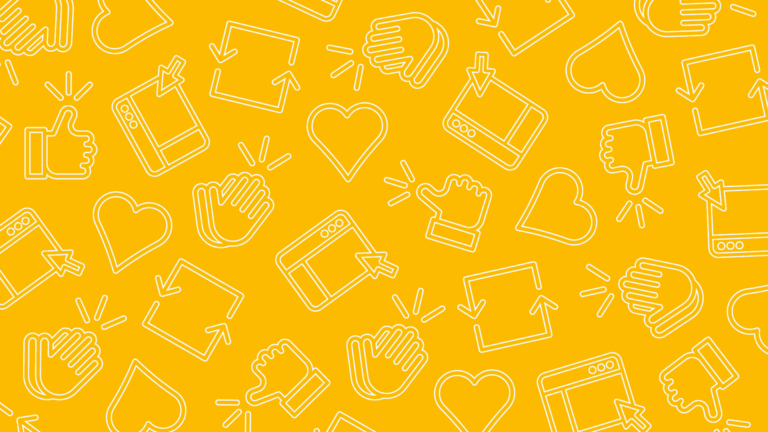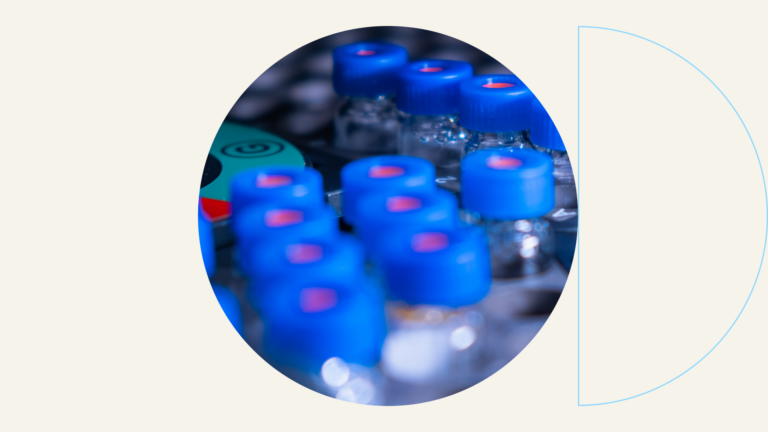Infographics, Integrity, and Being Your Own Harshest Critic

Russ posted a link to our company Yammer account the other day highlighting a cool-looking infographic about gamification and some of the psychological impacts that games can have. Some of those claims sounded rather sensationalist, so we decided to poke around a bit more…as did many others it seems, since the original post was littered with comments questioning the data. Among those commenting was the author himself, disavowing any responsibility for the content of the post (blame his researchers). WTF?
Infographics: The New Opiate
We sure do love our infographics nowadays, don’t we? I’m not against them in principle and think there are plenty of times that a good data visualization can help convey complex or otherwise obtuse content. However, we now find ourselves with a plethora of garden-variety bulleted lists masquerading as real data visualizations in the name of “infographics.” Much like slideshow galleries and Flash movies before it, the infographic is becoming the wacky-waving-inflatable-arm-flailing-tube-man du jour for drumming up Internet traffic. Need to convey 5 ways to cut belly fat? Infographic. Gotta chart public opinion on female armpit hair? Infographic. Pushing a controversial agenda backed with dubious data? That’s right: infographic.
But look, it’s not the poor infographic’s fault. He’s just a tool getting used by the man. In other, kinder hands he’s making the world a better place. You know, just like the Trinity Killer on Dexter Season 4 (SPOILER ALERT!!) used his hammer to build homes for the homeless right before he used it to kill that guy that reminded him of his dad. Same thing.
Own It
A tool is only as good as the use to which it is put. So the responsibility lies with the User of The Tool to make something of value. Similarly, we as consumers of that output have a responsibility as well. When was the last time you read something you felt was truly meaningful and worthwhile and then didn’t share it with anyone? Chances are most of you are tweeting, blogging, linking, or otherwise sharing a ton of what you consume online. Assuming so, then you have suddenly taken on the role of User of The Tool. (see where I’m going with this?) You are now responsible for the output of your stream, blog, site, account, or—god help us—mouth. It’s a virtuous circle: don’t accept other people’s crappy output and you’ll only have quality stuff left to share. If you only share quality stuff, people in your circles will consume less crap. Etc., etc. It’s called integrity. Let’s dial it up.
This brings me to my last point. Who’s your toughest critic? If your answer isn’t “myself,” then I hope you’re enjoying life right now because things ain’t going to change much before you die. Not to get too dour here, but if you’re not pushing yourself forward with a healthy dose of self-doubt and critical review, you’re not going anywhere. I’ll admit this is a very fine distinction, trying to disentangle the ideas of integrity and being your own harshest critic. To me they’re clearly closely related, but I do think they’re unique ideas. Integrity is about proudly owning what you do and what you produce. It’s an end-state. The byproduct of having a good process that you trust and know produces good results. Being your own toughest critic is something more elemental. Perhaps it’s the fuel that enables the production of integrity or an ongoing self-diagnostic that checks against bullshit. Either way, I see one as being something you have, while the other is something you do.
I think we’d agree that posting something to your blog that you’re not willing to defend signals a clear lack of integrity, but would you even consider doing that if you judged yourself most harshly? I doubt it. So can you even have one without the other? What about the person who judges themselves most-harshly but can’t obtain integrity? How could that be? Perhaps they’re too hard on themselves; in a state of constant self-doubt or paralyzed by the fear of failure. Or perhaps this person is in a position or organization who’s very nature prevents them from (or others from seeing them as) acting with integrity. These seem like extreme circumstances, though. A more realistic scenario might be that you simply don’t have enough knowledge or experience to be an effective self-critic. And this time, I think it’s OK (maybe even good) to be wrong. If you’re legitimately trying to critique yourself and fail, the external reactions to your output are likely going to correct that failure and teach you how to be a better critic the next time. It’s a process by which you learn over time what will work and what won’t. And if you can’t pass your own smell test…well don’t expect others to line up to get a whiff either because buddy…you stink.




